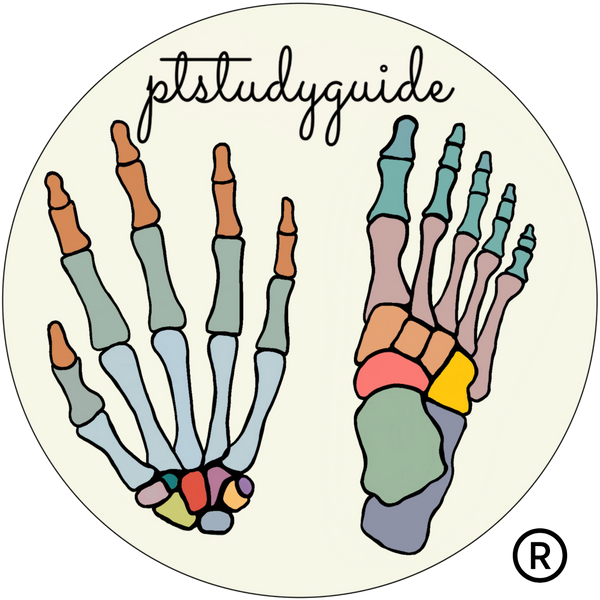Thriving as an Introverted PT
Share
Are you passionate about helping others but worry that your shyness may be a barrier in a field like physical therapy? Think again!
Many assume that healthcare professions require outgoing personalities, but there's a place for everyone, including the introverted and shy. Let’s dive into why being shy isn’t a drawback in physical therapy, and how it might even be an asset.
The Value of Quiet Strength in Physical Therapy
It sounds kind of funny to say, but being shy is something I have “struggled” with my whole life. It’s something that I used to feel ashamed of but have grown to love this aspect of my personality as I’ve gotten older. It’s a common misconception that only extroverted individuals thrive in healthcare environments. But did you ever stop to think about the other qualities you often find in shy people? Empathy, patience, active listening, calmness and warmth - all of the things you would hope to find in a good healthcare provider and qualities that are often present in introverted or shy individuals.
Overcoming Challenges and Leveraging Your Personality
If it makes you nervous to be in the clinical setting with patients - check out these tips that I used as strategies to overcome my own challenges in different settings.
- Practice your non-verbal skills like smiling, maintaining appropriate eye contact and practicing positive and open body language (like avoiding crossed arms). This will help you express empathy and understanding, making patients feel more comfortable and supported, even if you're not overly verbal.
- If you run out of things to talk about, keep a running list of easy and light conversation starters. If all else fails, I always default to commenting on today’s weather or upcoming weekend plans.
- If you begin to feel overwhelmed by the amount of people in the room, focus on the patient in front of you and utilize this as an opportunity to build a stronger client-therapist relationship to understand their goals and needs on a deeper level.
- Figure out what setting feels best for your personality type. Maybe you feel more comfortable in a one-on-one setting, so maybe looking for a job in a private practice where you only see one patient per hour sounds more appealing to you. It certainly did (and does) to me!
In conclusion, use this part of your personality as a strength. I have made so many incredible connections with my patients, sometimes just by lending a listening ear. Embrace the positive qualities that you bring to the table when it comes to patient care - they will thank you for it.
Do you have a similar story? I’d love to hear it in the comments below.




